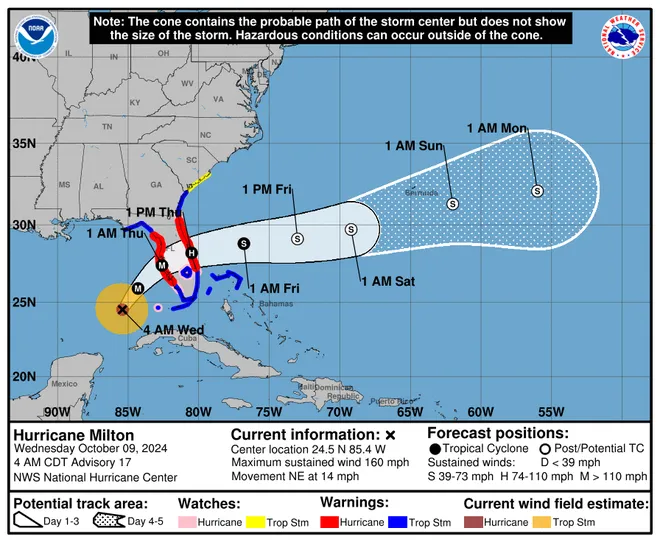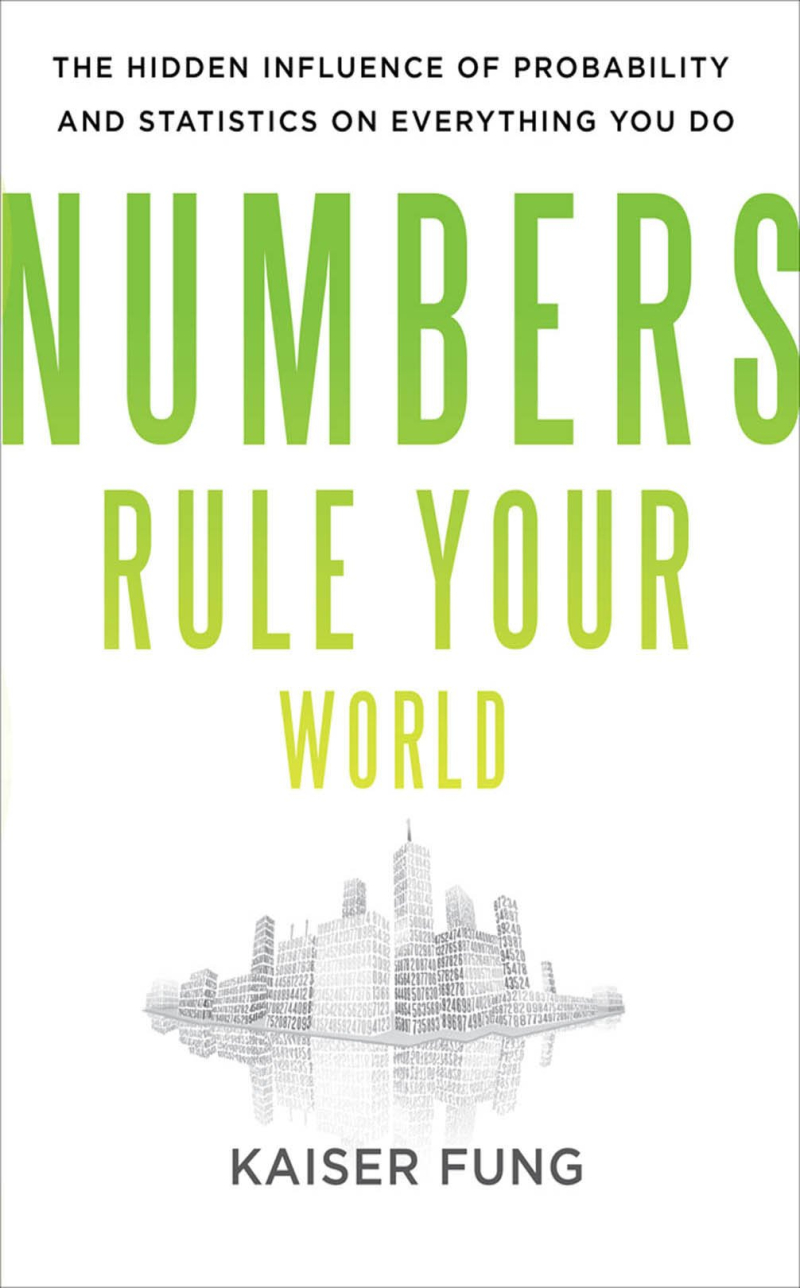Hurricane insurance merry-go-round
The hurricane insurance business, 15 years later

The hurricane insurance situation in Florida has attracted renewed scrutiny with successive damaging hurricanes hitting the Sunshine State recently. (link)


Readers of my first book, Numbers Rule Your World (link), specifically Chapter 3, titled "Item Bank / Risk Pool," will recognize a particular player mentioned in the CNN article linked above.
The name is Citizens Property Insurance Company.
Citizens is the government entity that acts as an insurer of last resort in Florida. In Numbers Rule Your World (link), I wrote:
In a time-honored game of passing the buck, the unwanted risks were shoved from owners of seaside properties to private insurers to state-run Citizens to Bill Poe back to Citizens and finally to Floridians...for inland residents, they subsidized the coastal customers when private insurers used to place both groups in the same risk pool; now the state governemnt takes their money via assessments and sends it to the coast. Same difference.
(p 92)
What you read in the CNN article is almost the same as I described 15 years ago. It appears that the same game is still in play.
It was, and is, a disaster waiting to happen. The private insurers have been exiting the market because the business is not profitable. Any insurance scheme is about risk pooling, in which participants facing complementary risk patterns cross-subsidize each other. The counter-parties to hurricane risk, such as foreign and out-of-state insurers, no longer find the arrangement fair, as hurricane insurers have contributed far less than they take out through losses.
According to CNN, in the past five years, the number of customers using Citizens have increased from about 430,000 to 1.3 million. Who are these people? They are those abandoned by private insurers i.e. they are the most unprofitable customers, those who face the highest risk.
Obviously, Citizens could go bust with just one unreal hurricane season. But the government has pledged to keep it alive no matter what. "In a worst-case scenario where its reserves would dwindle due to a high volume of storms claims, Citizens is allowed by state regulations to implement a premium surcharge to its policyholders and other Florida consumers to ensure all claims are paid". Beyond that, the state is expected to request a "federal bailout".
The "premium surcharge" mentioned above was called "assessment" in Numbers Rule Your World (link). This type of policy has been implemented before, and Floridians were none too happy about it. It effectively forced other Floridians to subsidize those who chose to live near the coast in hurricane-prone regions.
What else are policymakers trying? Oh yes, they want Citizens to put lipstick on its balance sheet by transferring policies back to (new) private insurers. According to CNN, "at the end of last year, it was able to transfer 300,000 policies to private insurers." This revives yet another failed policy.
Let's think. From where do the customers of Citizens come? They are those whom the private insurers decide are not profitable. In fact, by the admission criterion, we know that private insurers would have set the premiums at least 20% higher than Citizens. So, why would these new private insurers accept unprofitable policies from Citizens?
If the past were a guide, the government actually pays these insurers to take these policies. It appears that they would have to be paid at least 20%. If these new insurers can't tap into a diversified risk pool, they will eventually go bust. When they go bust, the policies go back to... Citizens.
Amusingly, what I wrote almost 15 years ago is as good as new,.



